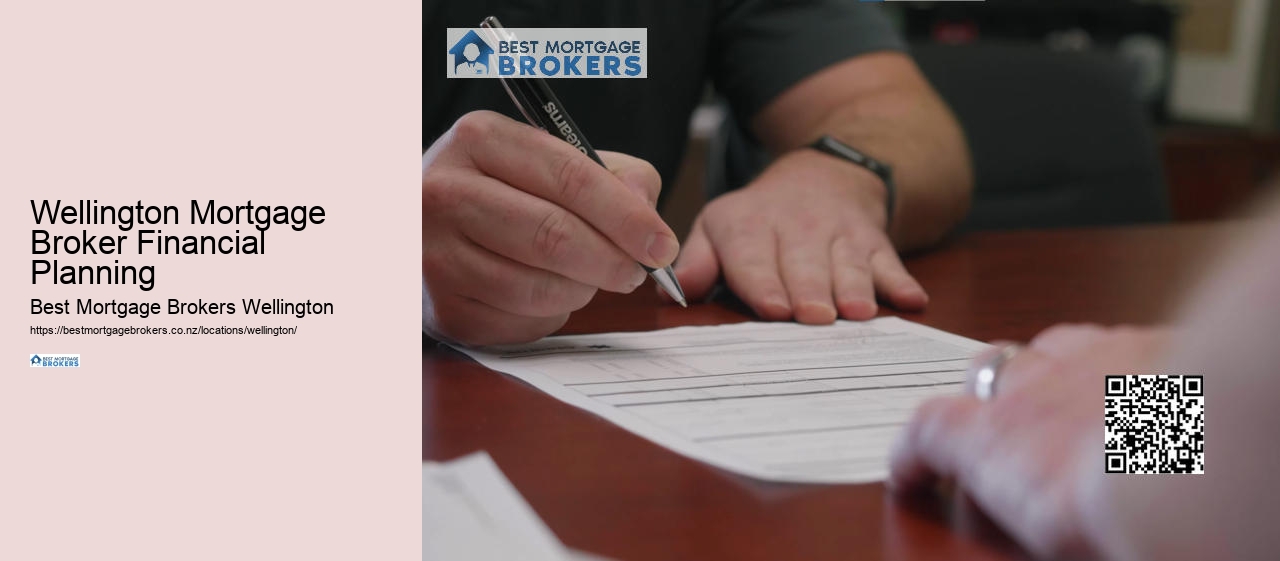

It's essential for individuals to carefully consider their financial goals and risk tolerance when selecting a mortgage product to ensure it aligns with their long-term plans. Understanding the differences in these options will help borrowers make an informed decision that suits their individual circumstances. To ensure that you get the home loan you want, it is important to follow a set of structured steps. first-time homebuyer
These documents are essential to streamline the application procedure and enable your mortgage advisor evaluate your financial situation accurately. You will need to fill in a mortgage form after you have collected all required documents.
This form must be filled out accurately to avoid delays in the approval. The lender will assess your creditworthiness after you submit the application.
To secure the best loan terms, it's important to maintain a good credit score throughout this process. You will receive a letter of commitment from the lender after your application has been approved.
This letter will outline the terms and conditions for the mortgage. You should carefully review this letter and ask for clarifications on any terms that you do not understand. Finally, once you accept the loan commitment, the closing process will begin, culminating in the transfer of ownership and the disbursement of funds. home loans
It also increases your chances of being approved for the financing you want. Firstly, pre-approval gives you a clear understanding of your budget and what you can afford.
Pre-approval can also show sellers that you're a serious buyer. This could give you an advantage in a competitive marketplace.
By completing much of the paperwork upfront, you can shorten the time it takes to get a loan commitment once you find the right property. This speed is essential in fast-moving property markets where timing matters.
Moreover, preapproval can give you more negotiating strength. You can negotiate more confidently with sellers if you know that you have been pre-approved, especially if you're up against multiple offers. Sellers may be more willing to negotiate with a buyer who has already secured financing.
Several elements play a significant role in determining the interest rates offered by lenders. The current economic condition, including inflation rates and the overall market performance has an impact on mortgage rates.
The credit score of the borrower is another important factor that affects mortgage rates. Lenders use credit scores to assess the risk of lending money to an individual.
A lower credit rating may result in higher interest rate or the difficulty of obtaining a bank loan. The length of the term and the type or loan can also have an impact on mortgage rates.


Fixed-rate mortgages have a higher initial rate than adjustable-rate ones, which may initially offer lower interest rates but fluctuate with time. Additionally, the length of the loan term can impact the interest rate, with shorter terms usually having lower rates but higher monthly payments. After understanding key factors that impact mortgage rates, first time homebuyers can take advantage of practical tips to help them smoothly navigate the homebuying experience.
Calculate your monthly budget including the down payment you may make, as well other expenses like insurance and property taxes. Before you begin your search for a home, it's important to know what you can afford. personalized financial solutions
A lender will review your financial data to determine how much you are eligible for. A preapproval letter will help you make an offer that is more attractive to the seller and can streamline the process of closing.
List your must-have features and non-negotiable amenities. Being clear about your priorities can help you focus on homes that align with your goals.
Additionally, don't overlook the importance of a home inspection.

These options allow us to tailor our mortgage to suit our needs and preferences. Last but not least, we look at the reputation and the reliability of the lending institution. Working with a reputable mortgage provider can offer peace of mind and ensure a smooth borrowing experience.
Refinancing is a great way to maximize the value of your mortgage. The benefits of refinancing can be significant to your financial health.
The reduction in interest rate can result in substantial savings throughout the term of the loan.
With a cash-out mortgage, you can use your home equity to consolidate debts with high interest rates, like credit cards and personal loans. This will also simplify your monthly payments by combining them into a single payment. The benefits of refinancing, when done with the assistance of a mortgage adviser you trust, can result in significant savings and financial gains.
Maximizing your home equity is a great way to leverage its value for various financial goals. This can be done by using home equity lines of credits or loans.
You can also maximize your home equity by paying extra towards the principal of your mortgage.

Yes, it's possible to secure a mortgage with less-than-perfect credit. Our brokers specialize in assisting clients with various credit profiles. They can provide guidance on improving your credit and explore mortgage options tailored to your unique situation.
Yes, you can trust the mortgage brokers listed on our platform. We carefully select brokers based on customer feedback, ensuring they are reputable, highly-rated, and have a proven track record of success. Your financial well-being is our priority.
The lowest mortgage interest rates ever recorded can vary by region and market conditions. Historical low rates have occurred in recent years, but predicting when or if they will be surpassed is uncertain.
The minimum credit score to buy a house varies by lender and loan type. While it's possible to buy a house with a lower credit score, a higher score increases your chances of loan approval and favorable terms.